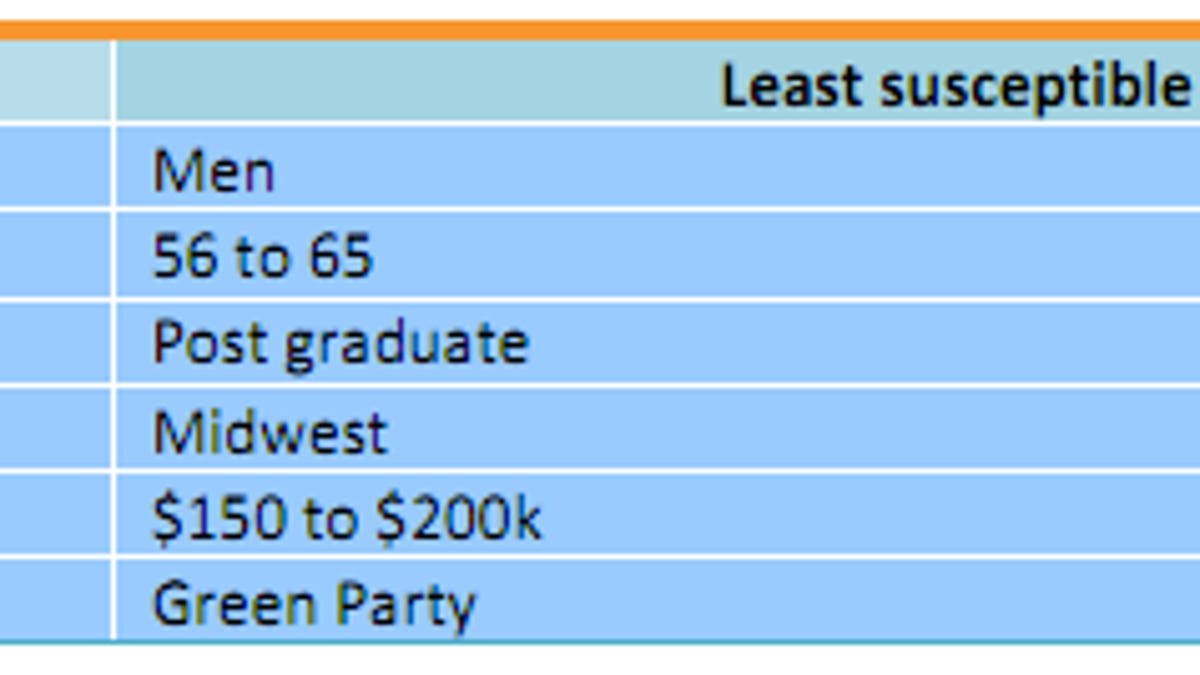Americans more susceptible to online scams than believed, study finds
U.K. survey respondents less likely to fall for Internet scams than in the U.S. but more likely than Australians.

Last May, long before the iPhone 4S was released, a bunch of Facebook users got tricked into spreading spam by clicking on a link attached to this headline: "First Exposure: Apple iPhone 5."
People who normally ignore all the other scams involving purported free software or naked celebrity photos clicked that fake news link and even completed a captcha on a second site, which reposted the scam to their own Facebook stream. That probably says more about how fanatical people are about Apple products than anything else. But it did raise the question--what does it take to lure someone to click on something that seems fishy?
A recent survey from The Ponemon Institute and PC Tools dives into this question and reveals a real gap between how aware Americans think they are of scams and how likely they actually are to fall for them.
For instance, 47 percent of U.S. respondents identified an online survey with a prize as either a scam or an attempt to get the consumer to buy something later. However, when presented with specific scenarios, 55 percent of the respondents said they would be likely to provide their personal information to redeem a prize after completing a survey. Test scenarios involved how likely respondents feel they would be to provide personal information in exchange for offers like free movie or antivirus software, get rich quick opportunity, online shopping registration and online donations.
For the survey, more than 1,800 people in the U.S. were questioned this fall, as well as more than 1,000 in Australia and more than 1,300 people in the U.K.
"It is clear from the findings that the threat posed by scams is still being underestimated in all three markets," the report said. However, the Australians were found to be the least likely to be scammed than the other two groups and the Americans the most likely, the study concluded.
The survey also did some demographic analysis to try to figure out what types of people are the most likely to fall for online scams. Basically, if you are an 18-year-old to 25-year-old female high school dropout living in the Southwest U.S., you should be more skeptical.
Political affiliation was also asked, and coming out as the least likely to be scammed were those identifying as members of the Green Party, and those most likely to be scammed were members of the Independent Party, the survey found. There is no indication of whether the skepticism that respondents may have that helps them avoid online scams will serve them in detecting bull in political ads.
"The longer term concern is that while many of us think that we are too savvy for online scams, the research demonstrates otherwise," said Richard Clooke, online security expert at PC Tools. "Unless consumer behavior is addressed through education, the incidence of cyber criminals seeking to cash in on consumer trust and naivety online is likely to increase exponentially."

